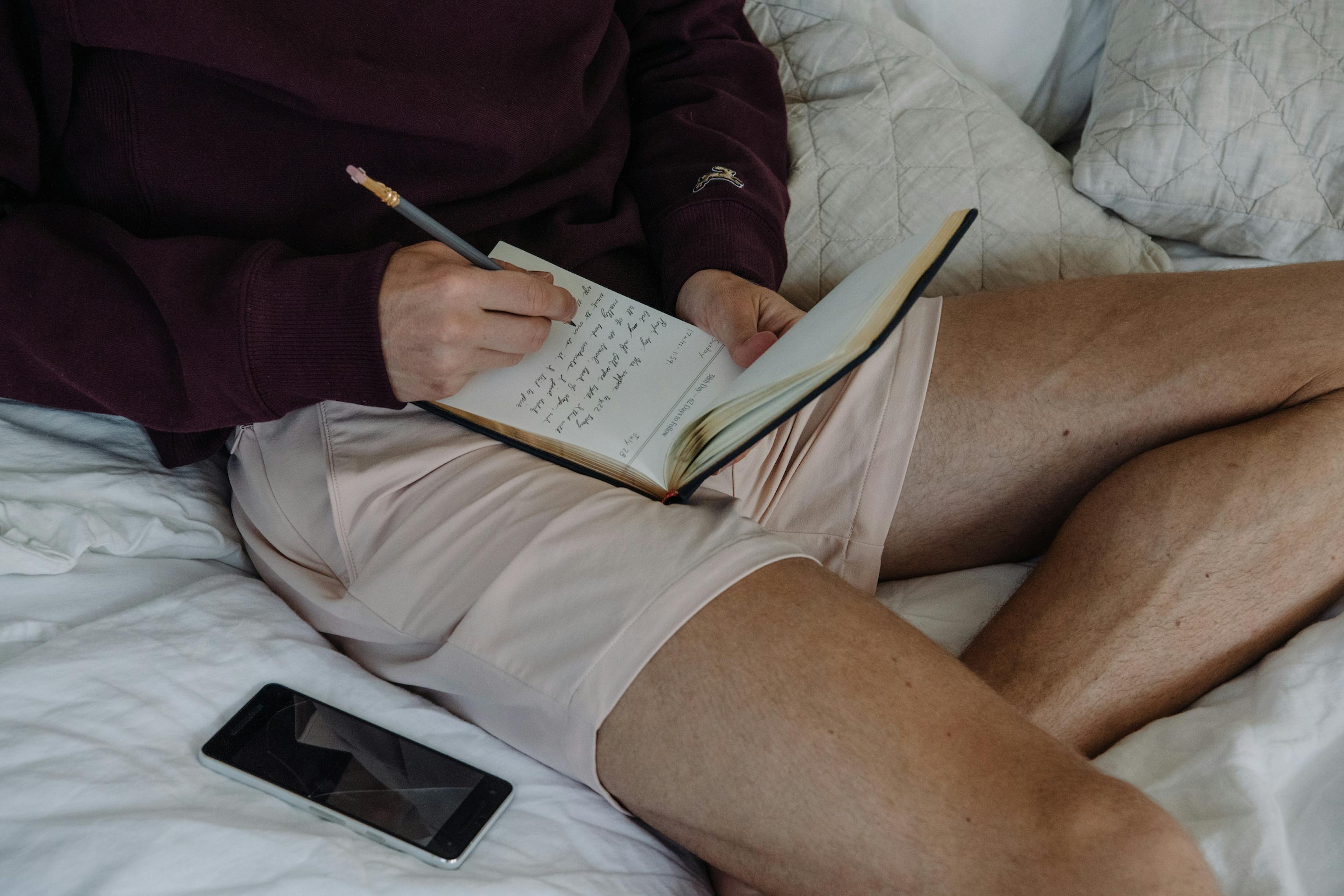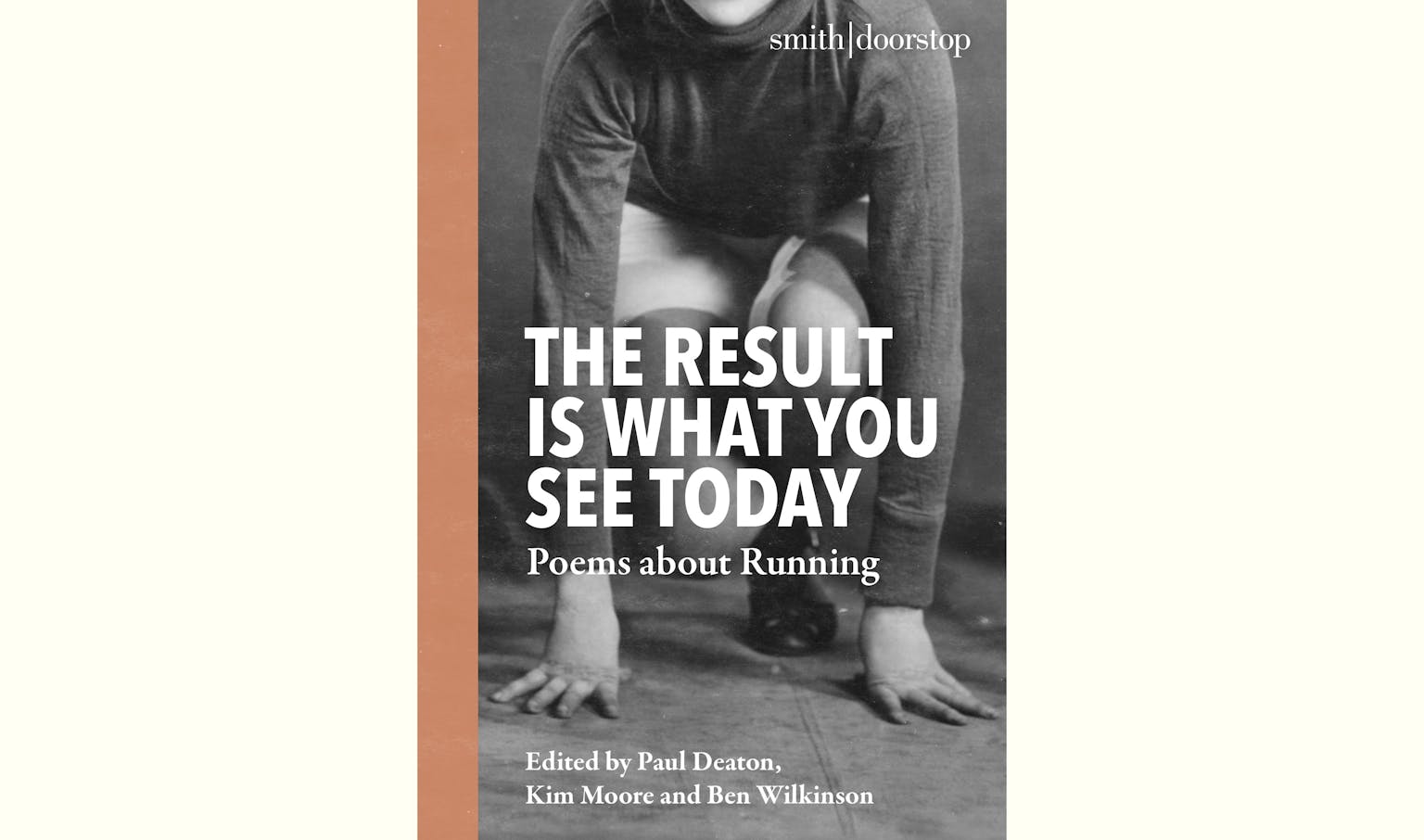

A POET'S GUIDE TO THE LOCKDOWN
Words by Ben Wilkinson
My race calendar is empty. COVID-19 has ushered in a strange new world. Only a few weeks ago it seemed impossible to imagine governments ordering almost entire populations to stay at home, and only venture out for food and medical supplies. ‘Social distancing’ wasn’t even part of our vocabulary. For us runners, used to freedom of movement across trails, roads and fells, it might seem like a waking nightmare.
But however this interruption to our training manifests itself, the isolation it affords us can be put to nourishing and imaginative use, if we see the possibilities. As the seventeenth-century philosopher Blaise Pascal knew, many of humanity’s problems stem from our inability to sit quietly in a room alone. Learning to do so might just make us better runners, and even better people.
As a poet who also runs, I’ve spent a fair bit of time thinking and writing about the connections between athleticism and art; how both are competitive but ultimately solitary, joyful yet defiant, demanding resolve and routine, but also reflection. So how can poetry, or simply writing creatively, help a runner right now?
Write a Race
Your race calendar is suddenly non-existent, and your motivation (or even ability) to train could easily go with it. Not so long ago you were mid-marathon training regime, gearing up for Boston or London, or hammering out weekly speed sessions and hill reps in search of that elusive 5K PB. But you’ve been here before – training interrupted by an injury, say, or work or life. You’ll be back.
For now, allow yourself to reflect on a previous success. Write the story of a race you ran when everything came together: think about the build-up, the nerves on the start line, then clicking into pace, your growing confidence, sweat on your brow and gritted teeth as you brought it home across the finish. It doesn’t matter what form the narrative takes – poem or prose non-fiction, or somewhere in-between. The important thing is to draw personal strength from documenting this slice of personal running history in your own words. Savour it.
Training Diary Haiku
For now, here in the UK at least, we’re still able to get out once a day during lockdown for a basic run. We might be missing our tempo groups, club mates and track buddies, but we’re keeping things ticking over. And that’s important. Even under normal circumstances, many a runner swears by their faithful training diary, that record of cumulative commitment to a personal goal.
One way to mix it up is to summarise your daily run as a haiku, an ancient Japanese form that prizes brevity with its 5-7-5 syllable structure. The haiku is all about the kiru or ‘cutting’, where two images or ideas are laid side by side. Think about your daily run. How did you feel, and what did you observe or experience? The most apparently ordinary things can produce surprising moments of everyday poetry:
branches raised like hands
applaud the dusk – a single
tail-light spurs me on
The Literature of Running
Every runner knows the power of a positive mind. Struggling at the third rep of an 8 x 800m set? You keep telling yourself ‘just one more rep’, and before you know it, you’ve completed the session. You don’t stress about mile 20 when you’re 10K into your marathon; you stick to your plan and take each mile as it comes. Similarly, approaching lockdown as an opportunity rather than a hindrance is probably the best way we can all tackle this testing time.
Why not use it to reflect on your own running – past, present and future – but also to delve into the rich literature of the sport, exploring the how, why and where of a timeless human act. Whether it’s the philosophy of running and its origins, biographies that tell of inspirational figures such as Joss Naylor, Emil Zátopek and Deena Kastor, or running poetry from the First World War to the present day, now’s the time to get your nose in a good book. You can find some recommendations here.
However this strange new world of restrictive living affects you and your running, you are still a runner, and you’ve weathered storms before. You mightn’t have your target race or your usual training structure, but then running is – and always has been – an end unto itself. As Charles Hamilton Sorley knew, writing in his poem ‘The Song of the Ungirt Runners’:
Does the tearing tempest pause?
Do the tree-tops ask it why?
So we run without a cause
'Neath the big bare sky.

Ben Wilkinson is a poet, lecturer and runner based in Sheffield, England. With Kim Moore and Paul Deaton he edited The Result is What You See Today: Poems about Running, published by the Poetry Business and available now.